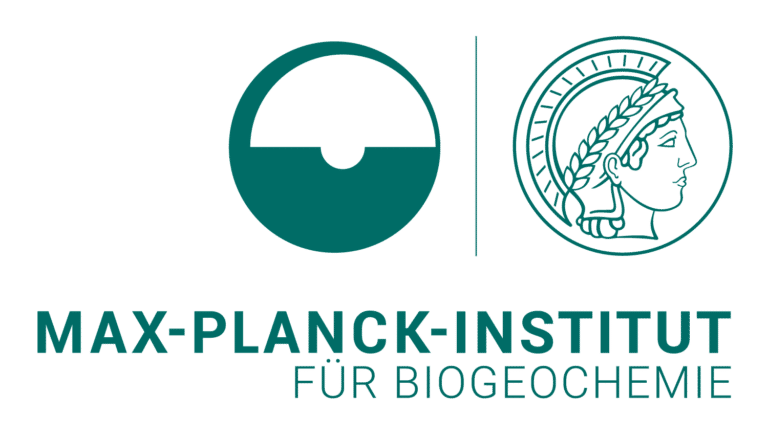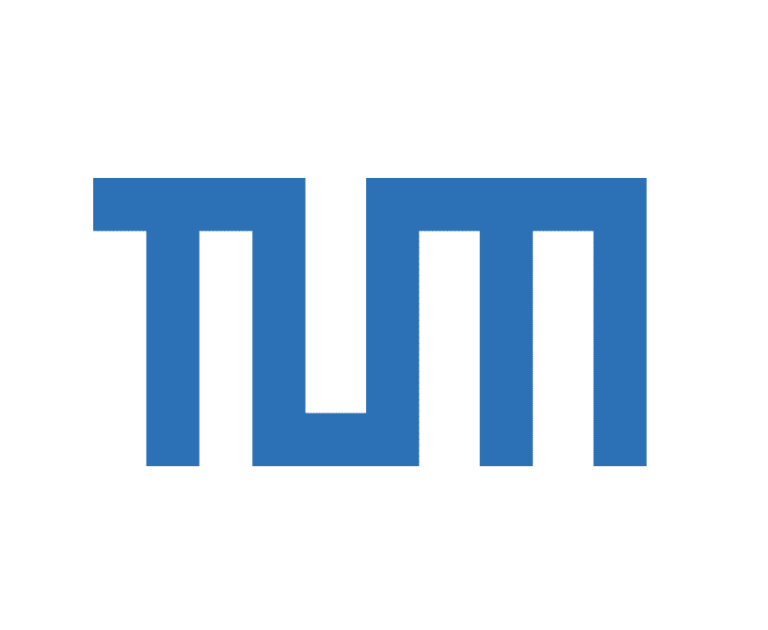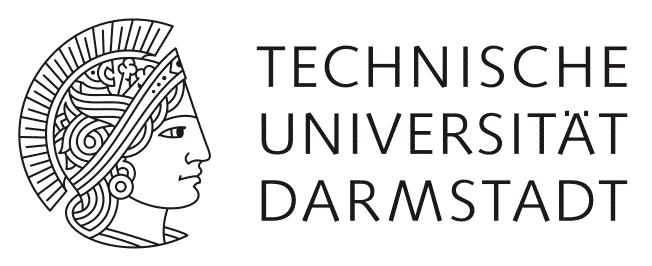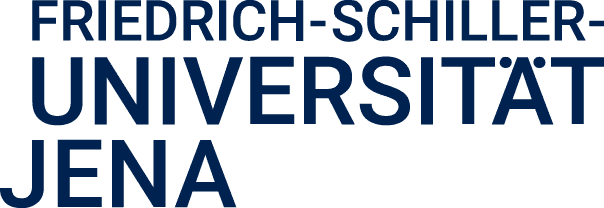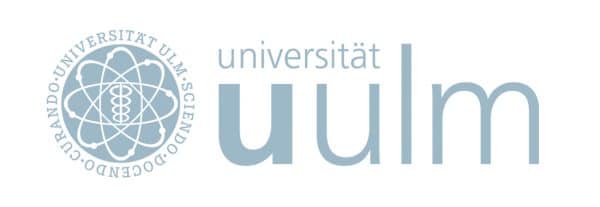Research participants
The research platform of the Biodiversity Exploratories (BE) has a decentralised structure: the participating scientists conduct research at different institutions distributed throughout Germany and Europe. In the sixth phase, more than 250 members from a total of 47 institutions are involved, jointly analysing the guiding questions of the Biodiversity Exploratories.
Since the establishment of the Biodiversity Exploratories (BE) in 2006, scientists from a total of 141 funded projects from 77 institutions have conducted research on the research areas of the Exploratories. In addition, new collaborative projects are constantly being added, enriching the research platform with further research approaches. The broad range of participating institutions and the collaborative research design make the BE a unique and diverse research platform. The map of Germany shows all currently involved institutions as well as former participants including the number of researchers per location.
Steering Committee
Currently the steering committee consists of nine members.
Four of these members, the speaker of the Biodiversity Exploratories, Markus Fischer, and the project leaders of the three exploratories, Nico Blüthgen, Markus Fischer / Christian Ammer and Wolfgang Weisser, are appointed as ex-officio members. The other members are, on the one hand, a representative of the central data management, Birgitta König-Ries, and, on the other, representatives of the central disciplines. The steering committe meets at regular intervals to discuss important decisions and may be reconstituted once a year .

Contact - Steering Committee
Advisory Board
The Advisory Board is an external advisory body consisting of four international and highly respected researchers. It advises the BE on strategic and content-related matters and thus promotes its research development.
The Advisory Board currently consists of the following members:

Contact - Advisory Board
Young Scientists
An important goal of the BE is the promotion of young researchers. This is supported by a diverse range of workshops, mentoring and exchange programmes. The BE offers the following programmes:
- Thematic and soft-skill workshops (e.g., R-course, popular science writing, SEM)
- Mentoring programme (a postdoc advises one or more PhDs on scientific issues)
- Exchange programme (research stay at another BE institution or university)
In order to represent the interests of the young scientists in the BE community, PhD and postdoc speakers are elected once a year at the BE Assembly. They convene regular meetings in which current interests and challenges are discussed and then forwarded to the BEO and the steering committee for timely implementation. Current speakers are:

Contact - PhD Speaker

Contact - Postdoc Speaker
Thematic groups
Within the BE there are also various thematic groups with different topics, which on the one hand enable better internal communication and coordination with regard to complementarity and identify research gaps, but on the other hand are also intended to stimulate synthesis between the different projects.
There are currently ten thematic groups:
- Plants
- Animals and trophic interactions
- Soil ecology
- REX/LUX experiment
- FOX experiment
- BELongDead
- Remote sensing, landscape and modelling
- Biodiversity and Ecosystem Functioning (BEF)
- Social-Ecology
- Intraspecific Diversity/Genetics
Each thematic group has a group coordinator.

Contact - Thematic Group Coordinators
Collaborations
The BE collaborates with a large number of self-financed projects. All current and past cooperation partners can be viewed under projects (filter selection ‘cooperation projects’).
Collaborations can be agreed at all times after checking the suitability of the project. Applications must be submitted to the steering committee. Detailed information on how to apply can be obtained from the central BEO coordination office (beo@senckenberg.de).
